planet in the solar system

The Solar System actually has three planets in its orbit.

The Solar System (or Solar System) is a planetary system with the central Sun and celestial bodies within the Sun's gravity range, all of which are formed by the collapse of a

Our understanding of the surrounding world is really still too humble, even with just the closest things.

Suppose one day you get it

Earth has nearly 8 billion people, each of us is just a pointless little dot. Now look wide and see how small we are in the universe.

Back in history, discovering how to name the planet in the West through ancient myths.

The Solar System's ninth planet can be reborn and dragged along with over 100 other friends, thanks to a new definition that refutes the definition.

All planets in the solar system are inclined to the same side, except for Uranus. The north-south axis of the blue-green planet is 98 degrees above the Sun's orbit.

Since the discovery of Pluto in 1930, school-age children will learn about nine planets in our solar system.

Earth and neighbor planets, along with asteroids, dwarf planets, meteorites, comets ... belong to the solar system (solar system) with the Sun at the center of this system.
 The Solar System actually has three planets in its orbit.
The Solar System actually has three planets in its orbit. The Solar System (or Solar System) is a planetary system with the central Sun and celestial bodies within the Sun's gravity range, all of which are formed by the collapse of a
The Solar System (or Solar System) is a planetary system with the central Sun and celestial bodies within the Sun's gravity range, all of which are formed by the collapse of a Our understanding of the surrounding world is really still too humble, even with just the closest things.
Our understanding of the surrounding world is really still too humble, even with just the closest things. Suppose one day you get it
Suppose one day you get it Earth has nearly 8 billion people, each of us is just a pointless little dot. Now look wide and see how small we are in the universe.
Earth has nearly 8 billion people, each of us is just a pointless little dot. Now look wide and see how small we are in the universe. Back in history, discovering how to name the planet in the West through ancient myths.
Back in history, discovering how to name the planet in the West through ancient myths. The Solar System's ninth planet can be reborn and dragged along with over 100 other friends, thanks to a new definition that refutes the definition.
The Solar System's ninth planet can be reborn and dragged along with over 100 other friends, thanks to a new definition that refutes the definition. All planets in the solar system are inclined to the same side, except for Uranus. The north-south axis of the blue-green planet is 98 degrees above the Sun's orbit.
All planets in the solar system are inclined to the same side, except for Uranus. The north-south axis of the blue-green planet is 98 degrees above the Sun's orbit. Since the discovery of Pluto in 1930, school-age children will learn about nine planets in our solar system.
Since the discovery of Pluto in 1930, school-age children will learn about nine planets in our solar system. Earth and neighbor planets, along with asteroids, dwarf planets, meteorites, comets ... belong to the solar system (solar system) with the Sun at the center of this system.
Earth and neighbor planets, along with asteroids, dwarf planets, meteorites, comets ... belong to the solar system (solar system) with the Sun at the center of this system.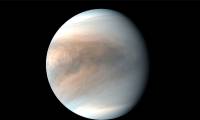


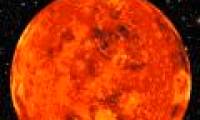

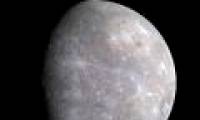
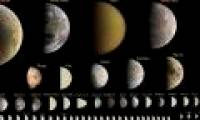
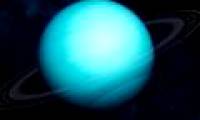
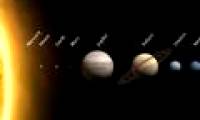
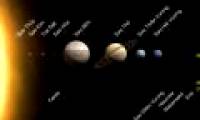
 Why did the ancient Babylonian civilization perish? Was it because they considered 'that thing' a daily meal?
Why did the ancient Babylonian civilization perish? Was it because they considered 'that thing' a daily meal? Just discovered a 72km 'tear in the Earth', the world's second largest country is in fear of a tsunami attack
Just discovered a 72km 'tear in the Earth', the world's second largest country is in fear of a tsunami attack Top 7 facts about the hottest place in the world, where you can fry eggs at outdoor temperature
Top 7 facts about the hottest place in the world, where you can fry eggs at outdoor temperature The Qing Dynasty collapsed, what surname did 20,000 royal descendants change to to integrate into the new era?
The Qing Dynasty collapsed, what surname did 20,000 royal descendants change to to integrate into the new era? After 389 days in the Arctic, costing more than $160 million, hundreds of scientists brought back bad news: What was it?
After 389 days in the Arctic, costing more than $160 million, hundreds of scientists brought back bad news: What was it? How long does it take to fall in love with someone?
How long does it take to fall in love with someone? How much silver has ever been discovered in the world?
How much silver has ever been discovered in the world? How does an atomic bomb work?
How does an atomic bomb work?